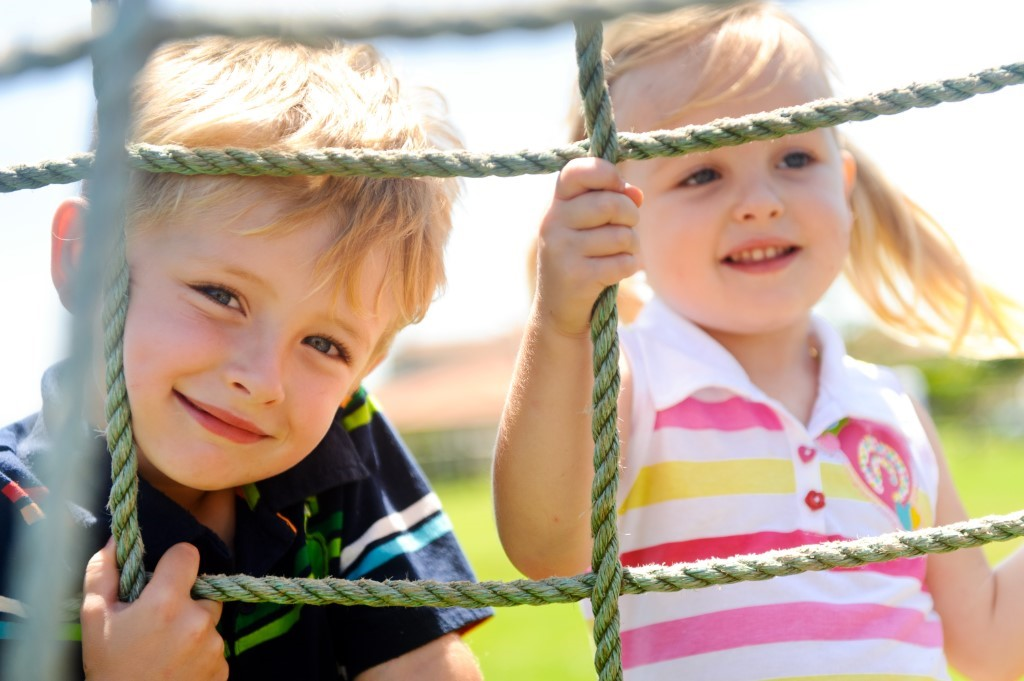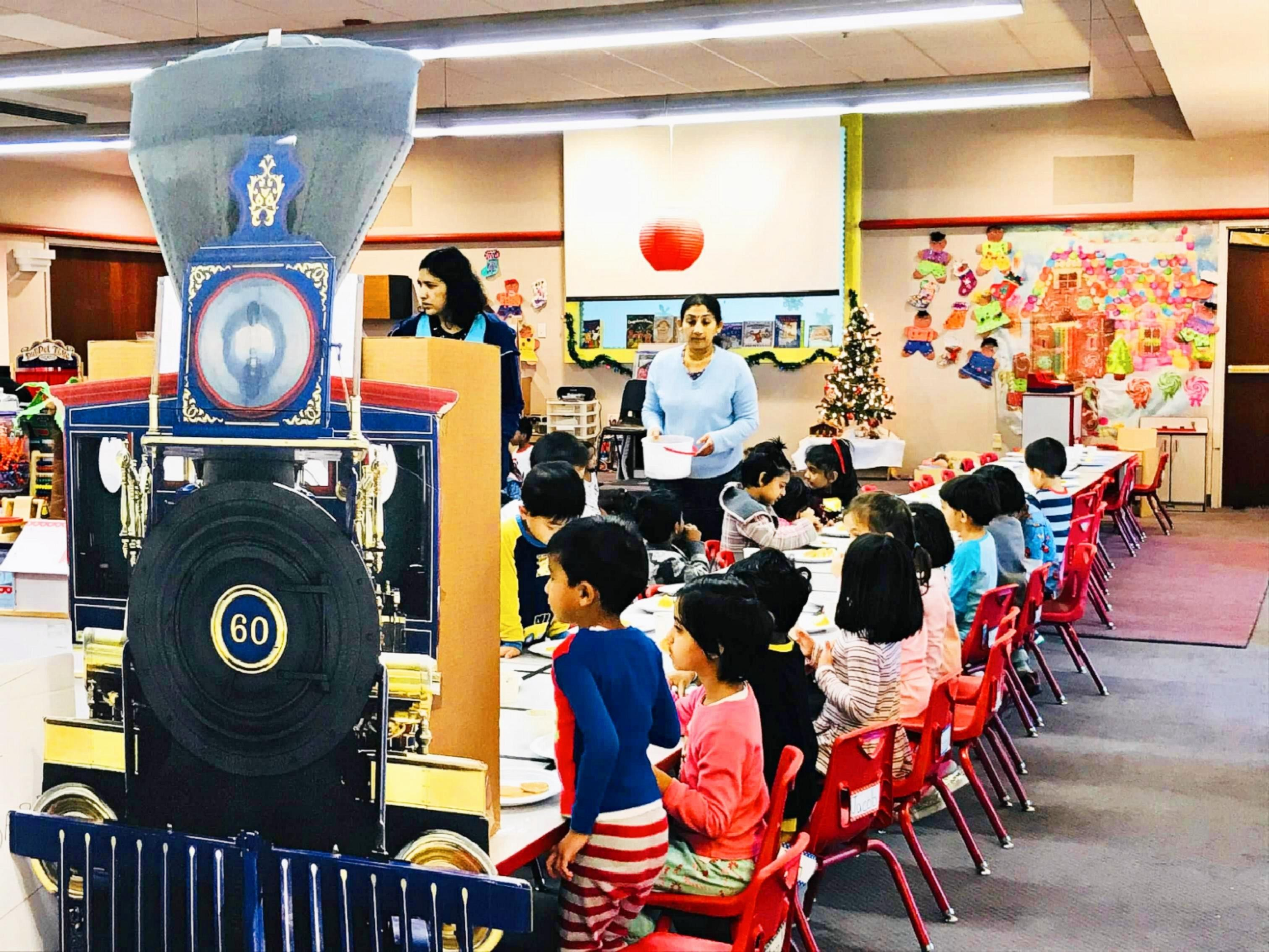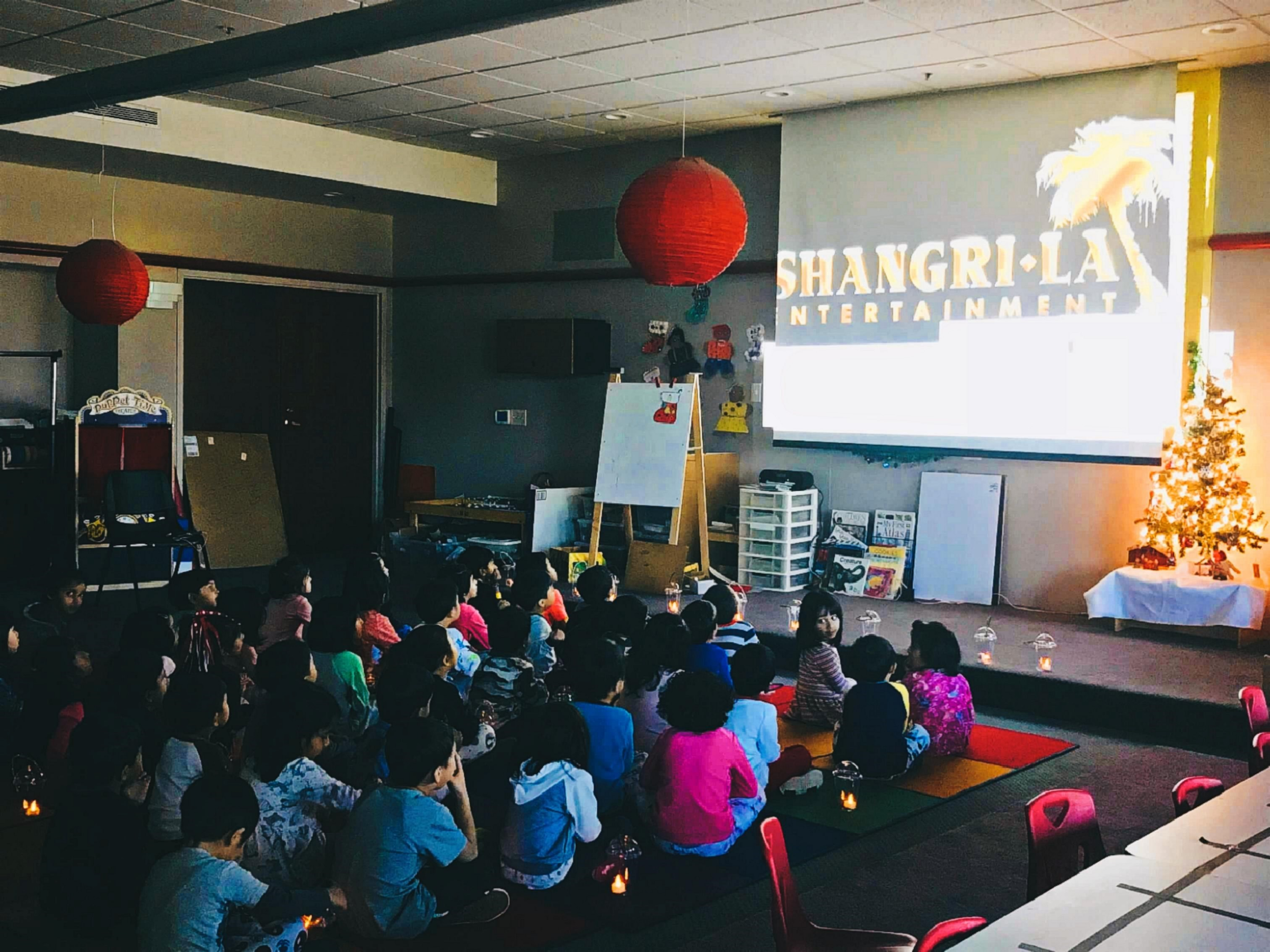
The Evolution of Preschool Education in Dublin: Past Context and Future Trends
Preschool education in Dublin has undergone a remarkable transformation over the years, reflecting changes in educational philosophies, societal values, and advancements in early childhood research.
This journey through time not only explores the historical development of preschool education in Dublin but also provides insights into the future trends that will shape the early childhood education landscape in this vibrant city.
The Roots Of Preschool Education In Dublin
Early Beginnings: Preschool In Dublin
The origins of preschool education in Dublin can be traced back to the early 20th century when the concept of early childhood education gained recognition.
During this era, Dublin witnessed the emergence of informal preschool settings, often run by local community members or charitable organizations.
These settings aimed to provide young children with a basic introduction to early learning and socialization.
Influence Of Educational Philosophies
As Dublin progressed through the 20th century, various educational philosophies began to influence preschool practices.
Montessori and Froebel methods gained popularity, emphasizing child-centered learning and hands-on experiences. These approaches laid the foundation for a more holistic and child-focused preschool education system.
The Modernization Of Dublin’s Preschools
Shift Towards Formalization

The latter half of the 20th century witnessed a significant shift towards the formalization of preschool education in Dublin. This transformation was driven by several key factors:
1. Government Initiatives
Dublin’s government recognized the importance of early childhood education in preparing children for their academic journey.
Initiatives were launched to standardize preschool curricula, ensuring that every child received a consistent and high-quality early education experience. These initiatives aimed to bridge the gap between informal preschool settings and more structured programs.
2. Accredited Preschools

Accredited preschools became increasingly prevalent in Dublin during this period. These preschools adhered to established standards and guidelines, providing parents with confidence in the quality of education their children received.
Accreditation ensured that preschools offered structured programs designed to prepare children for primary school, focusing on early literacy, numeracy, and social skills development.
3. Preparation For Primary School
As Dublin’s preschools formalized their programs, there was a growing emphasis on preparing children for the transition to primary school.
Curriculum planning incorporated age-appropriate academic content, ensuring that children were well-prepared for the challenges of formal schooling. This shift aimed to minimize the learning gap between preschool and primary school, promoting a smoother educational journey.
Emphasis On Early Childhood Educators
Recognizing the critical role of early childhood educators, Dublin embarked on a journey to enhance the capabilities and qualifications of preschool teachers:
1. Professional Development
Dublin invested in professional development programs tailored to the needs of early childhood educators.
These programs focused on the latest research in child development, effective teaching strategies, and classroom management techniques. Teachers were encouraged to pursue ongoing training to stay updated with best practices in the field.
2. Qualified Workforce
This emphasis on professional development led to a more qualified and skilled preschool workforce. Teachers in Dublin’s preschools became well-equipped to provide high-quality early education experiences.
Their enhanced knowledge and expertise allowed them to create engaging and developmentally appropriate learning environments for young children.
3. Everyday Life: Nurturing Learning Environments
With highly trained educators at the helm, Dublin’s preschools evolved into nurturing learning environments. Teachers were not only facilitators of academic learning but also nurturers of social and emotional development. They recognized the unique needs of each child and tailored their teaching approaches to support individual growth.
Future Trends In Dublin’s Preschool Education

As Dublin’s preschool education system continues to evolve, several future trends are expected to shape the landscape of early childhood education in the city:
1. Integration Of Technology In The Near Future
Technology is poised to play an increasingly prominent role in Dublin’s preschools as educators harness its potential for enhanced learning experiences:
– Interactive Educational Apps
Preschools will incorporate interactive educational apps that cater to young learners. These apps will offer engaging activities that promote early literacy, numeracy, and problem-solving skills. They will be designed to align with curriculum objectives while keeping children excited about learning.
– Digital Learning Platforms
Digital learning platforms will provide a repository of resources for both teachers and parents. These platforms will offer access to age-appropriate educational materials, progress tracking tools, and communication channels to facilitate collaboration between educators and families.
– Virtual Classrooms
Dublin’s preschools may explore the use of virtual classrooms to extend learning beyond the physical classroom. Virtual sessions will offer opportunities for interactive lessons, group activities, and virtual field trips, allowing children to explore a wider range of educational experiences.
2. Inclusive Education And Social Change
Dublin is committed to ensuring that preschool education is inclusive and accessible to children of all abilities. The future will witness a concerted effort towards inclusive practices:
– Support Services
Preschools will integrate support services for children with diverse learning needs. Specialized educators and support staff will work alongside classroom teachers to provide tailored assistance, ensuring that every child can thrive in the learning environment.
– Inclusive Classrooms

Inclusive classrooms will become the norm in Dublin’s preschools. These classrooms will be designed to accommodate a range of learning styles and abilities, fostering a sense of belonging and acceptance among all children.
3. Parental Involvement
Future trends in preschool education in Dublin will encourage increased parental involvement in their child’s learning journey:
– Collaborative Approach
Preschools will actively engage parents in the education process, fostering a collaborative approach between educators and families. Regular parent-teacher interactions, workshops, and educational resources will empower parents to support their child’s development.
– Home-School Connection
Educators will establish strong home-school connections, ensuring that learning experiences are seamlessly integrated into both home and school environments. Parents will be encouraged to extend learning beyond the classroom through age-appropriate activities and discussions.
4. Nature-Based Learning
Dublin’s commitment to sustainability and environmental awareness will influence preschool education trends:
– Outdoor Classrooms
Preschools will increasingly incorporate outdoor classrooms into their curriculum. These outdoor spaces will provide opportunities for nature-based exploration, hands-on learning, and environmental appreciation. Children will engage in activities like gardening, wildlife observation, and outdoor art projects.
– Eco-Friendly Practices
Preschools will adopt eco-friendly practices, teaching children about sustainability and responsible environmental stewardship. Concepts such as recycling, conservation, and reducing waste will be integrated into the daily routines of preschoolers.
In conclusion, the future of preschool education in Dublin holds exciting possibilities, including the integration of technology, a commitment to inclusive education, increased parental involvement, and a focus on nature-based learning.
These trends will not only prepare young learners for academic success but also nurture their holistic development in a rapidly evolving world. Dublin’s dedication to providing high-quality preschool education ensures that children will have the best possible start on their educational journey.
Conclusion
The evolution of preschool education in Dublin reflects a commitment to providing the best possible start in a child’s educational journey.
From humble beginnings in the early 20th century to a future shaped by technology, inclusivity, parental involvement, and a love for nature, Dublin’s preschools continue to adapt and innovate.
As we move forward, the focus remains on nurturing young minds and preparing them for a lifetime of learning and success in this dynamic and ever-evolving city.
